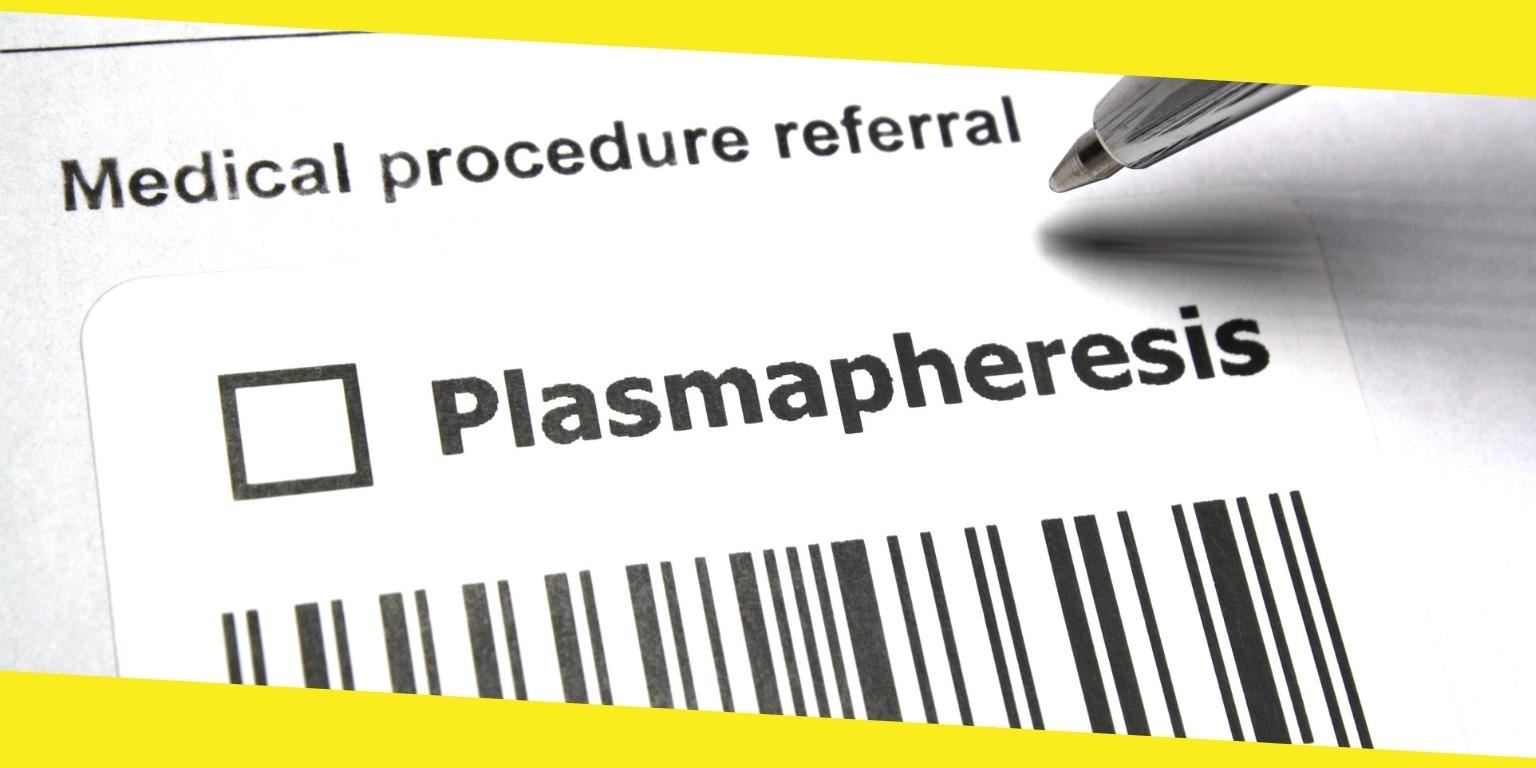Do You Qualify For Plasmapheresis?

Do you know the antibodies in your blood can become harmful? While we need antibodies to protect our bodies from disease-causing organisms, the antibodies can act counterproductive and cause-specific conditions. When antibodies no longer perform the required function, their removal becomes imminent. The Houston Plasmapheresis experts efficiently clean your blood off harmful antibodies. The treatment has improved the organ donation procedures and treatment of autoimmune diseases. This article will evaluate the categories of people who qualify for the interventions.
Who Gets the Treatment?
-
People who have undergone an organ transplant
Before discovering plasmapheresis, people with organ failure had to wait for long periods to get a suitable donor. Today you can get an organ from a person having a different blood type. The Plasmapheresis procedure limits the possibility of organ rejection by removing antibodies.
-
Myasthenia Gravis
You can benefit from plasmapheresis if you suffer from myasthenia gravis, which affects the skeletal muscles. Suppose the doctor establishes that you suffer from this condition due to an autoimmune response, where antibodies attack the nerves and neuromuscular membrane. They will recommend plasmapheresis to remove the harmful antibodies.
-
Guillain-Barré Syndrome
The autoimmune disease majorly affects the nerve cells outside the central nervous system. When the antibodies affect the nerves, there are high chances of you who have paralysis. You will need plasmapheresis to remove the antibodies that attack the nerves.
-
Lambert-Eaton Myasthenic Syndrome
If you suffer from this disease, you will have diminished walking capability. The antibodies attack the voltage-gated calcium channel that triggers the release of acetylcholine, a neurotransmitter responsible for voluntary movements. The doctor will recommend that you undergo plasmapheresis to remove the antibodies from the plasma.
-
Granulomatosis With Polyangiitis
This condition leads to inflammation of veins and arteries in the kidneys. Once you are diagnosed with the disease, plasmapheresis treatment removes the cells from the blood that trigger the swelling.
-
Goodpasture Syndrome
The condition rarely occurs, but in case of a diagnosis, plasmapheresis removes the antibodies from the blood, eliminating the autoimmune disease.
What To Expect During The Procedure
The doctor will discuss the dos and don’ts before the procedure. In most cases, you will need to eat a balanced diet before the treatment and rest enough. Keeping hydrated and eating a diet with high levels of proteins will benefit you before the procedure. You should ensure you get the necessary vaccinations before the process to minimize the risk of infections. Furthermore, it would help avoid smoking, tobacco, and diets with high mineral levels for some days.
The doctor will ask you to lie on a bed or recline on a seat. The doctor will place a needle or catheter in the major artery or vein. Then the doctor will insert a second tube in your arm or foot. The blood flows from your body to the apheresis machine, which filters it and returns the blood to the body. The process, which is an outpatient procedure, takes almost four hours.
If you are concerned about the health of your kidneys because of autoimmune diseases, you should visit the Houston Kidney Specialists Center. The facility has a team of nephrologists who offer plasmapheresis treatment. Please book an appointment today by visiting their website or making a call.
Recommended For You
Are Dental Implants Worth the Cost?
Most Inside
Most Inside offers high-quality recommendations and valuable updates to enhance all aspects of your life, providing premium guidance and enriching experiences.




